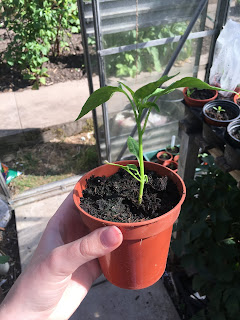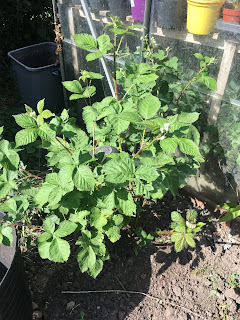Hi, I've decided to talk about what's happened with GCSE's due to the exams being cancelled and what we think about it because I feel not enough has been said about exams making many unsure about what to expect.
I'm one of many people who has had there exams cancelled due to this worldwide pandemic and like many others I didn't fully understand what was being done about it. After schools were temporarily closed and exams were cancelled my brother has been doing his home schooling and I've been sitting around unsure of what my results will be. For many the wait between the last exam and results day feels like a long one and for the people who have it this year it feels like forever with an extra 3 months waiting, no one you can visit, no little trips out or longer ones, and some that you can only go to when you're this age will never happen e.g. NCS. But in other ways I've found it easier, no stressing about the exams or revising for hours on end but at the same time it does feel like a milestone has been lost. Another thing which could be a positive is you know roughly what your results will be because you know what you got in your mocks and how good your coursework was although all that means is because I know I've failed my English I'm just waiting for it to be on paper.
Lots of things have been going around on the internet recently about what will happen with our results. The best place to look is on the government website. Which now says your results will be based off of many things such as past results from your school but the main two are your coursework and past tests/mocks. As well as this the government has said if you think your results don't reflect you think you should get then you can take a exam/resit on that subject either late this year or sometime next year. You could also ask to change your results which will only be changed by 3% for most but a possible 5% if your lucky, this though will only be accepted if your grade can be changed in this 3-5%.
I've spoken to some of my friends asking what they think about the exams being cancelled and most of them said there annoyed they didn't know what would happen before our last mocks which for my the school was 2 weeks before schools were closed. Some also said that they didn't like the fact they're going off coursework that wasn't even considered coursework to anyone a month before. A few also said that they wanted to see what grade they got without much last minute revision in the last mocks to see which subjects they had to focus on.
I hope this helped anyone who also had there GCSEs cancelled and if you just came here to read what it's like I hope you now understand a bit more.
-Lily

























